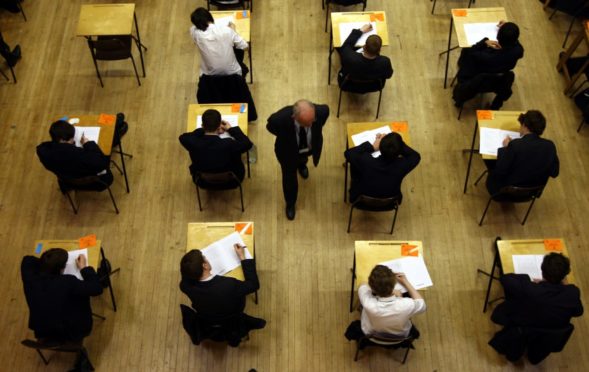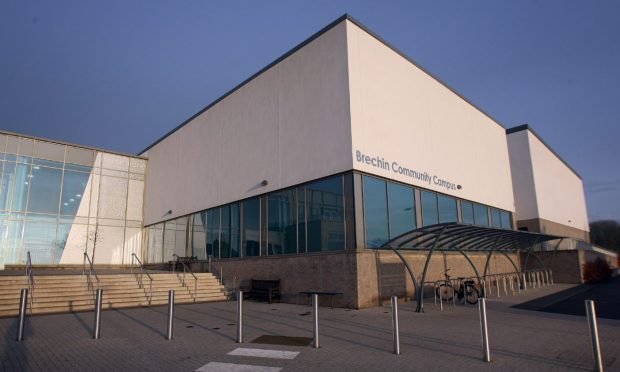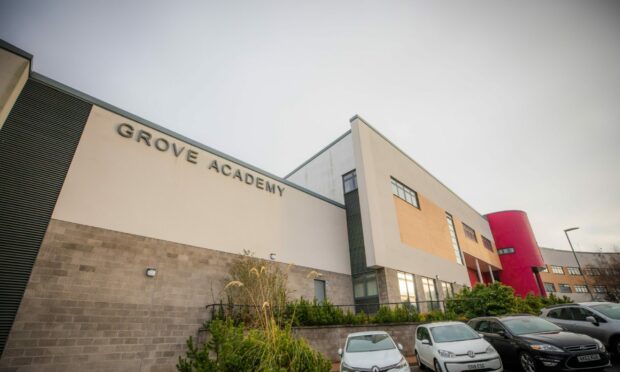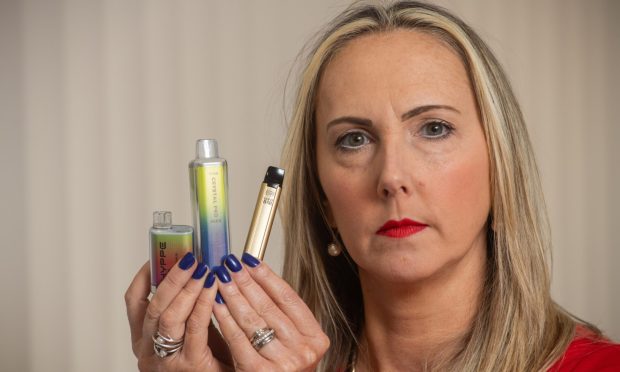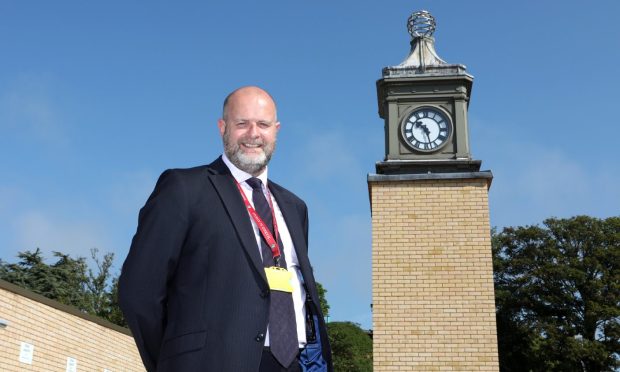Exams could be radically overhauled in the future after the coronavirus pandemic exposed alternative ways of assessing pupils, teachers heard.
The issue was debated at an education hustings hosted by Scotland’s largest teaching union, the EIS, on Thursday evening.
Politicians from Scottish Labour, SNP, Greens, Conservatives and the Liberal Democrats responded to key concerns from teachers at the event.
They were asked to consider whether they would commit to moving away from traditional exams and into an alternative assessment model.
Teachers told how the school year had been significantly impacted by Covid-19 which left many staff and pupils isolating for weeks throughout the pandemic and leading to learning being disrupted.
Exams were cancelled in December for the second year in a row and pupils working towards qualifications in National 5, Higher and Advanced Highers will instead be assessed using teacher judgement and assessments.
Many have, however, discovered they will sit closed book, exam-style assessments in the coming weeks.
A move from tradition?
Education Secretary John Swinney, who is campaigning for re-election to Perthshire North, said he was “sympathetic” towards pupils being assessed on a continuous assessment basis, rather than traditional exams.
Ross Greer, education spokesman for the Scottish Greens, said the pandemic had highlighted a need to move away from outdated end of term exams.
He said: “It’s very telling that when last year’s grades were restored to the levels that (teachers) set using their professional judgement, more young people than ever applied to go to university from working class backgrounds.
“The continuous assessment models are a more equitable way to assess young people.”
Michael Marra, Scottish Labour spokesman, and North East regional candidate, said it was imperative that the Scottish Government led a national conversation on the future of exams following the exam crisis last year which led to thousands of pupils having their grades lowered, before being restored.
Jenny Marr, from the Liberal Democrats, said her party was committed to considering alternatives to exams.
Meanwhile, Jamie Greene, Scottish Conservatives spokesman, said pupils, parents and teachers deserved a say in any consultation.
Class sizes and teacher recruitment
All candidates also told the teaching union they would significantly reduce class sizes in an effort to ensure teachers could commit their time to supporting children with learning – especially children who have additional support needs.
Thousands of teachers and support staff would have to be recruited to achieve this however.
The hustings event also heard from many teachers who could not secure permanent employment despite the pledge to put more staff in schools.
‘Lost learning’ could have impact on pupils sitting ‘pseudo-exams’ for decades to come, expert warns
